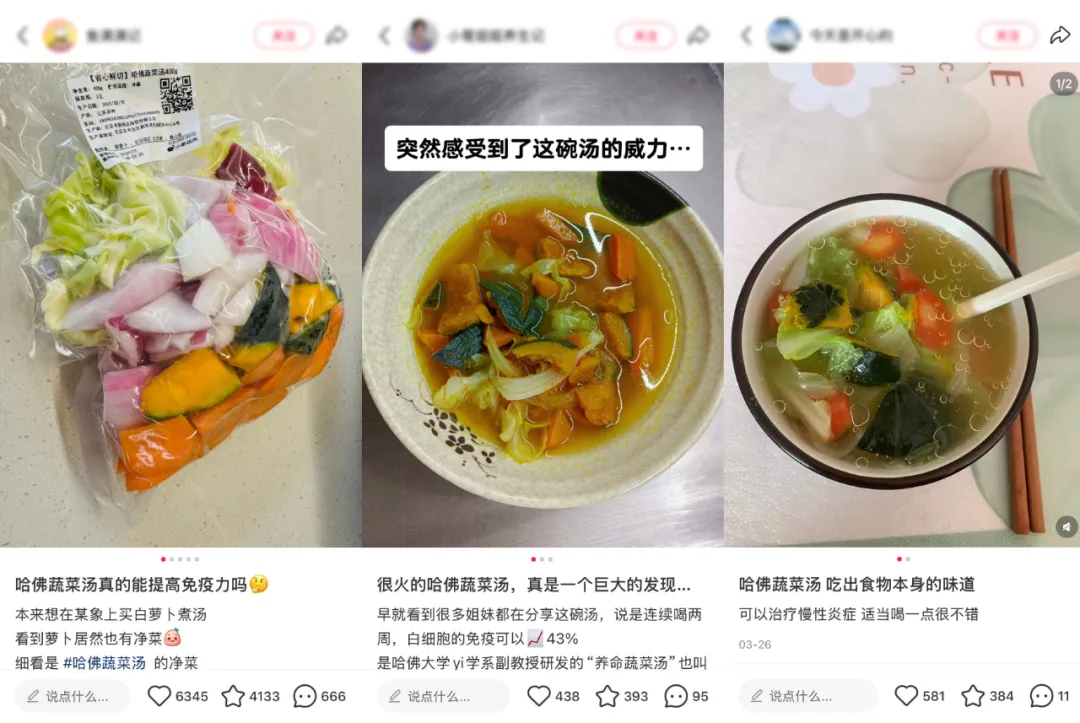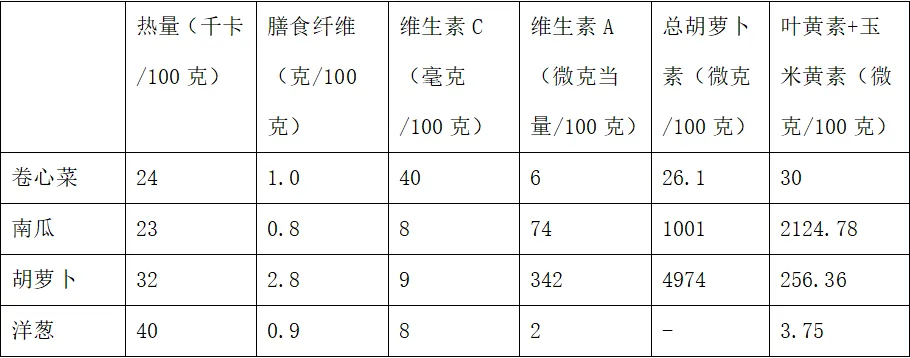[1]杨月欣.中国食物成分表标准版(第6版/第一册)[M].北京大学医学出版社,2018.
[2]https://fdc.nal.usda.gov/fdc-app.html#/food-details/170393/nutrients
[3]Zhao J, Zhang X, Li F, Lei X, Ge L, Li H, Zhao N, Ming J. The Effects of Interventions with Glucosinolates and Their Metabolites in Cruciferous Vegetables on Inflammatory Bowel Disease: A Review. Foods. 2024 Nov 1;13(21):3507. Baldelli, S.; Lombardo, M.; D’Amato, A.; Karav, S.; Tripodi, G.; Aiello, G. Glucosinolates in Human Health: Metabolic Pathways,
[4]Bioavailability, and Potential in Chronic Disease Prevention. Foods 2025, 14, 912.
[5]Wu QJ, Yang Y, Vogtmann E, Wang J, Han LH, Li HL, Xiang YB. Cruciferous vegetables intake and the risk of colorectal cancer: a meta-analysis of observational studies. Ann Oncol. 2013 Apr;24(4):1079-87
[6]Ozorowski M, Wiciński M, Ku?miński O, Wojciechowski P, Siedlecki Z, ?niegocki M, W?odarczyk E. The Effects of Quercetin on Vascular Endothelium, Inflammation, Cardiovascular Disease and Lipid Metabolism-A Review. Nutrients. 2025 May 3;17(9):1579.
[7]Zhang W, Zheng Y, Yan F, Dong M, Ren Y. Research progress of quercetin in cardiovascular disease. Front Cardiovasc Med. 2023 Nov 16;10:1203713.
[8]Al-Yousef HM, Ahmed AF, Al-Shabib NA, Laeeq S, Khan RA, Rehman MT, Alsalme A, Al-Ajmi MF, Khan MS, Husain FM. Onion Peel Ethylacetate Fraction and Its Derived Constituent Quercetin 4'-O-β-D Glucopyranoside Attenuates Quorum Sensing Regulated Virulence and Biofilm Formation. Front Microbiol. 2017 Sep 5;8:1675.
[9]Tuo JY, Li ZY, Shen QM, Tan YT, Li HL, Xiang YB. A diet-wide association study for liver cancer risk: findings from a prospective cohort study in Chinese men. Eur J Epidemiol. 2024 Feb;39(2):171-178.
[10]Yoo Y, Kim S, Lee W, Kim J, Son B, Lee KJ, Shin H. The prebiotic potential of dietary onion extracts: shaping gut microbial structures and promoting beneficial metabolites. mSystems. 2025 Jan 21;10(1):e0118924.
[11]WEI Jun, ZHAO Fanfan, SHANG Yinghui. Protective Effect of Zeaxanthin on SH-SY5Y Cell Injury Induced by Tunicamycin, FOOD SCIENCE 2019, Vol. 40,Issue (7): 163-168.
[12]Nkondjock A, Ghadirian P. Dietary carotenoids and risk of colon cancer: case-control study. Int J Cancer. 2004 May 20;110(1):110-6.
[13]Ojobor CC, O'Brien GM, Brandt K. Carrot intake is consistently negatively associated with cancer incidence: A systematic review and meta-analysis of prospective observational studies. Crit Rev Food SciNutr. 2025;65(5):1009-1021.
[14]AICR'S FOODS THAT FIGHT CANCER?,American Institute for Cancer Research http://www.aicr.org/foods-that-fight-cancer/.

